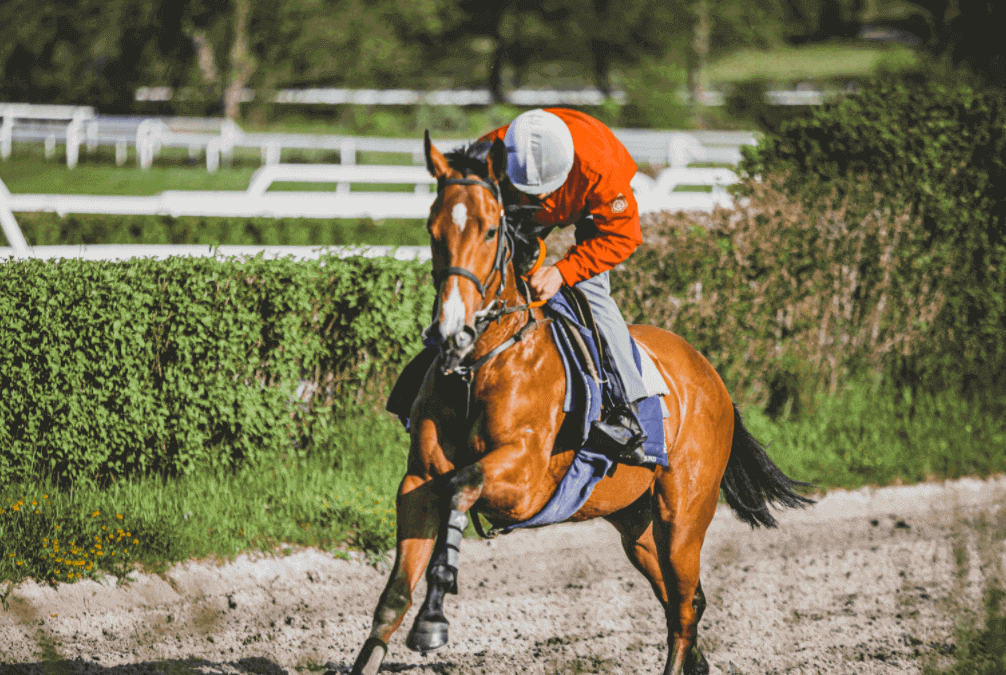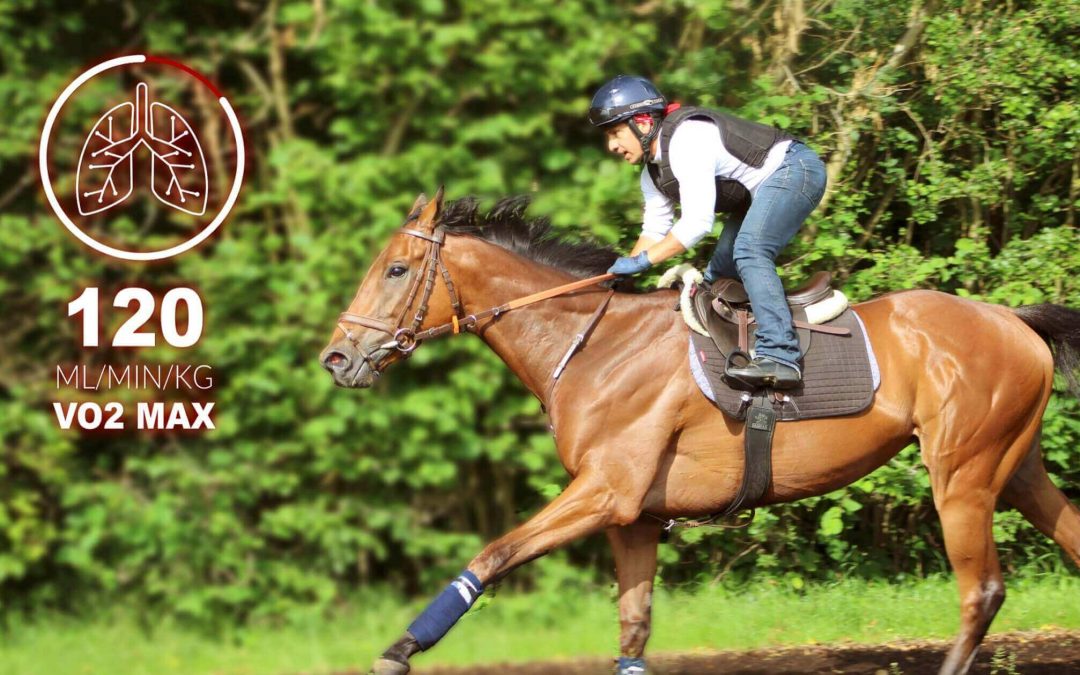
Nov 25, 2022 | Health & Science, Physiology
Home 9 Category: Physiology The set of mechanisms that allows horses to maintain a desired temperature is known as thermoregulation. Thanks to this phenomenon, the horse can maintain a body temperature of around 37.7 °C, with a variation of more or less 2 °C. The...

Sep 7, 2022 | Health & Science, Physiology
Home 9 Category: Physiology Exertional rhabdomyolysis in horses, also known as tying-up, Monday disease or myositis, is defined as a painful muscle disease induced by exercise. It is a muscular inflammation that happens after physical exertion. Unlike muscle...

Apr 29, 2022 | Physiology
Home 9 Category: Physiology Muscular physiology in the horse athlete is an important factor to study when interested in his training. Indeed, the muscles participate in various functions essential to the horse’s life (breathing, digestion…) and to its...

Mar 22, 2022 | Physiology
Home 9 Category: Physiology ( Page 2 ) Racehorses are true athletes who undergo intensive training. It is therefore essential to monitor and analyze the fitness of your horses to keep an eye on their health and to maximize their performance. Indeed, fitness is...

Aug 31, 2021 | Physiology
Home 9 Category: Physiology ( Page 2 ) VO2Max is one of the critical parameters for measuring the intensity of an athlete’s horse’s effort. There are two other complementary parameters: heart rate and lactatemia. These values are accurate indicators...







